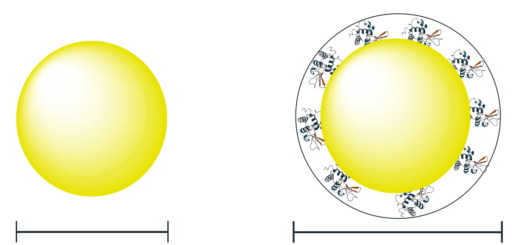Electronics Research and Design Process
I personally think researching electronics should involve three parts:
1. Theory and Design
This is the application of the basic physical/mathematical principles to efficiently find a design that fullfills the customer’s needs. Of course the researcher needs to do literature review in the relevant area(s) of the project. This step will satisfy the need to understand what type of electronic circuit is needed to built and what components are needed. Given this information the cost and timeline of building such a circuit is deduced. Very important theories include voltage divider, current divider, Ohm’s law, Kirchhoff’s current/voltage laws, Gauss’s law, Ampere’s law and Faraday’s law.
2. Simulation
The simulation part is essential to double check that the circuit will fulfil the needs of the customer as shown in the theory part. This is also necessary to make sure the circuit is safe and robust and does not operate 1000 volts or anything. There is a variety of software to do this including LTspice and Cadence. The researcher needs to already know or to study the software before completing this step.
3. Build and Test
This step is obviously very important since the customer needs an actual product to work with. This step will confirm that the circuit fulfills the costumers’ needs. It might also enlighten the researcher what are the limitations of the theory and the simulation software’s algorithm. AC signals are generated using a generator and tested using an oscilloscope. DC signals are generated using a power supply and tested using a multimeter. For frequency effects very important for FM radio (circa 100 MHz) or TV the spectrum analyzer is needed. For digital signals extensively used in designing computer hardware a very helpful device is the digital logic analyzer.
Typically the researcher will need to derive the theory/equations, simulate the design, built, and test their product if they have the means to do so.

















